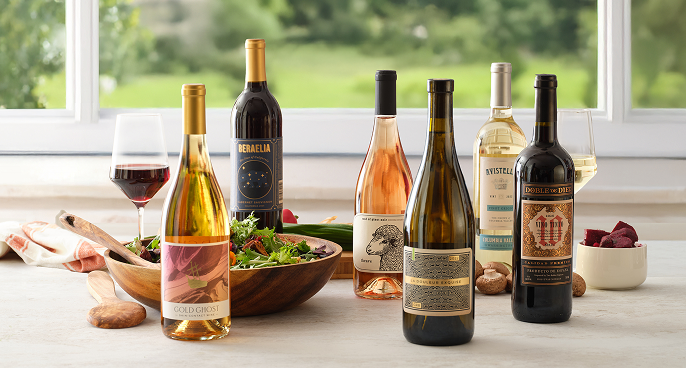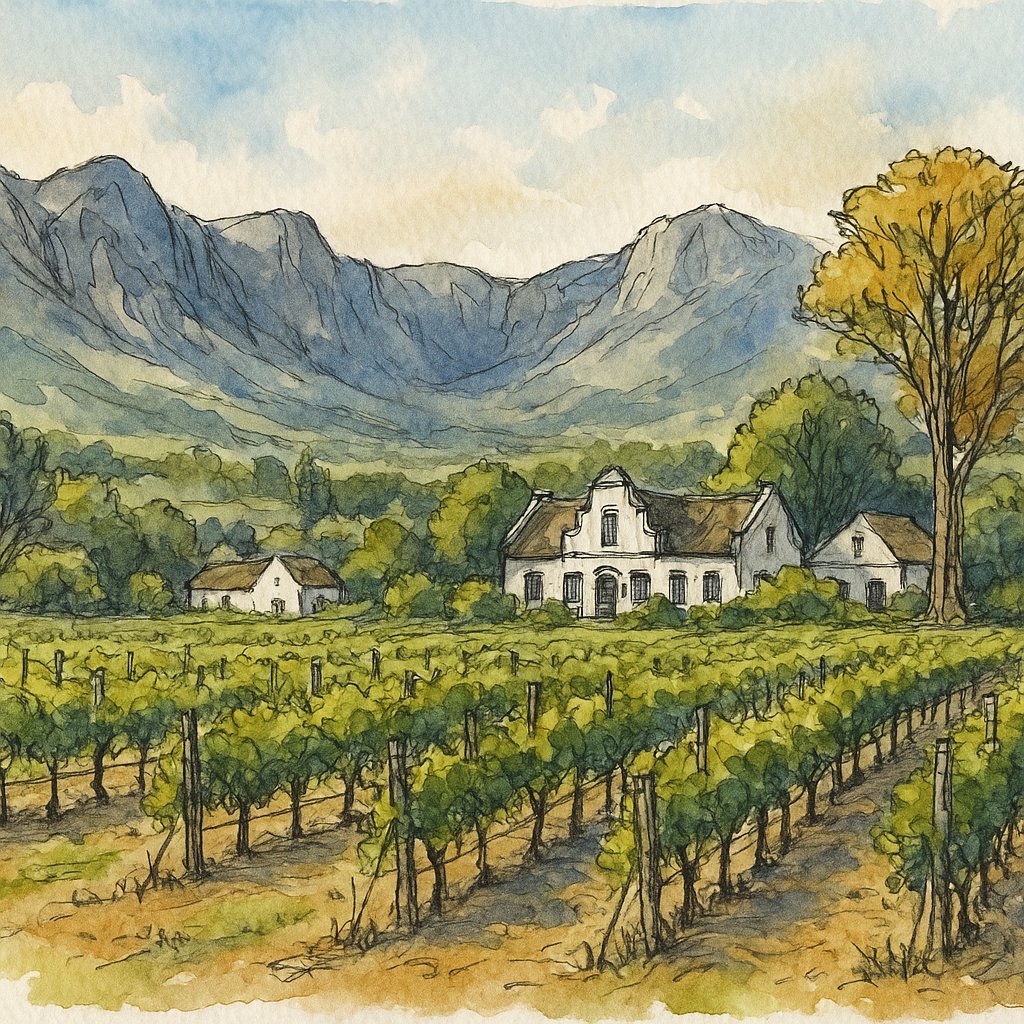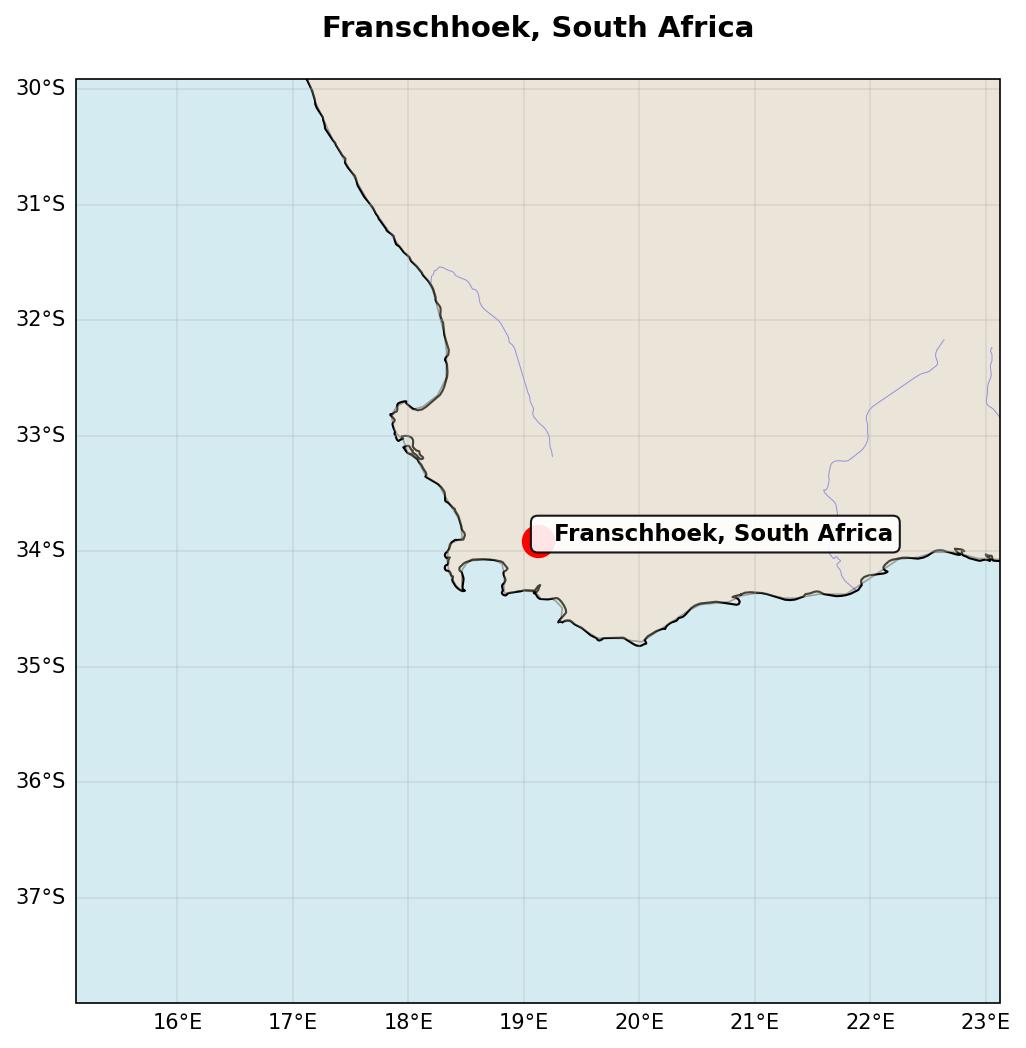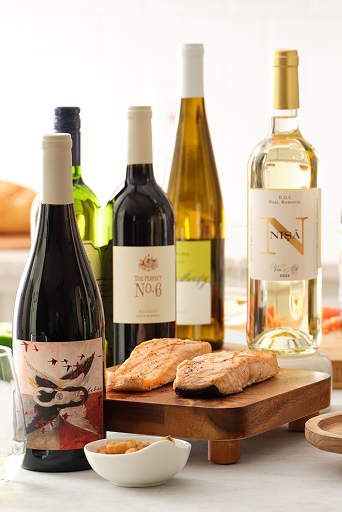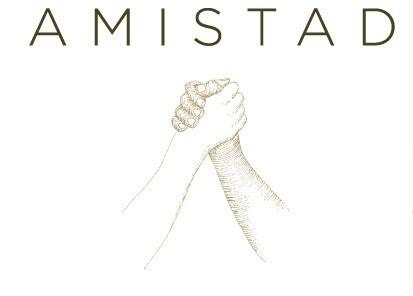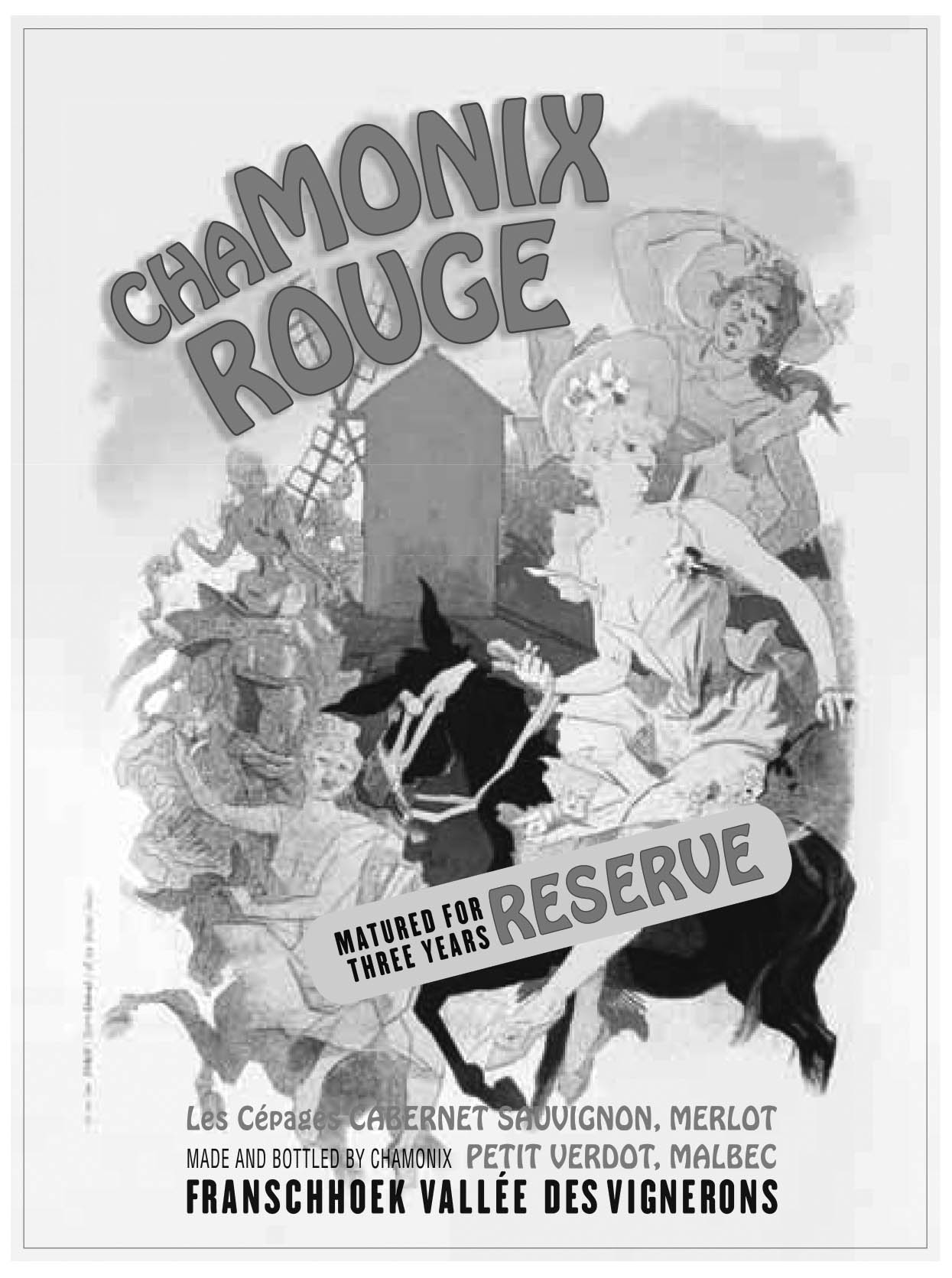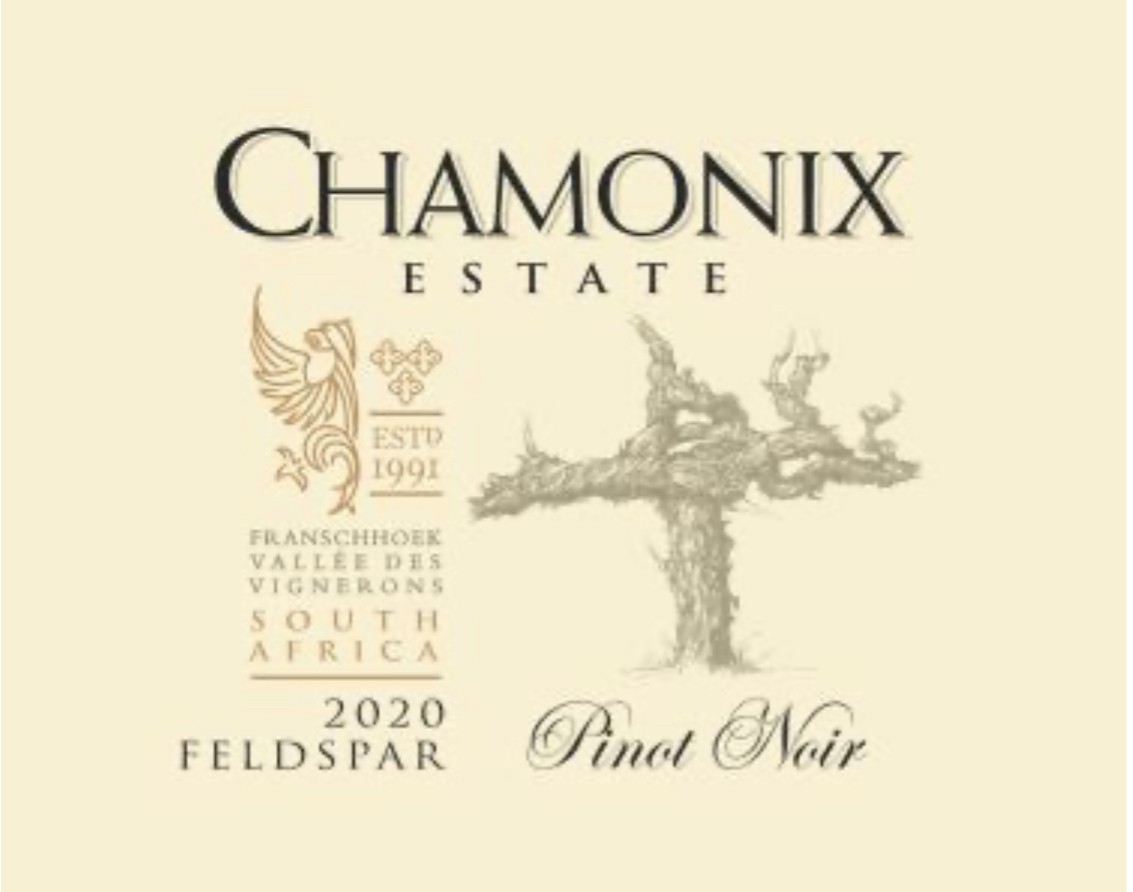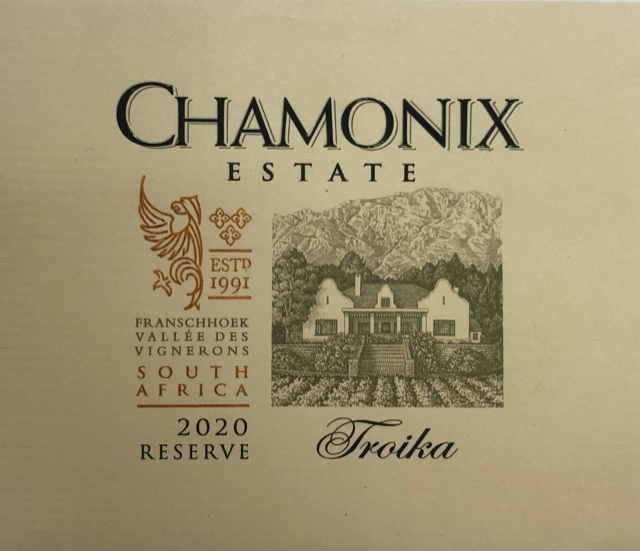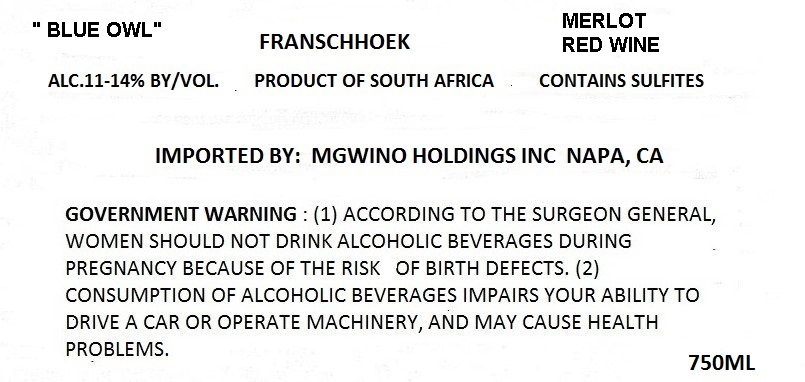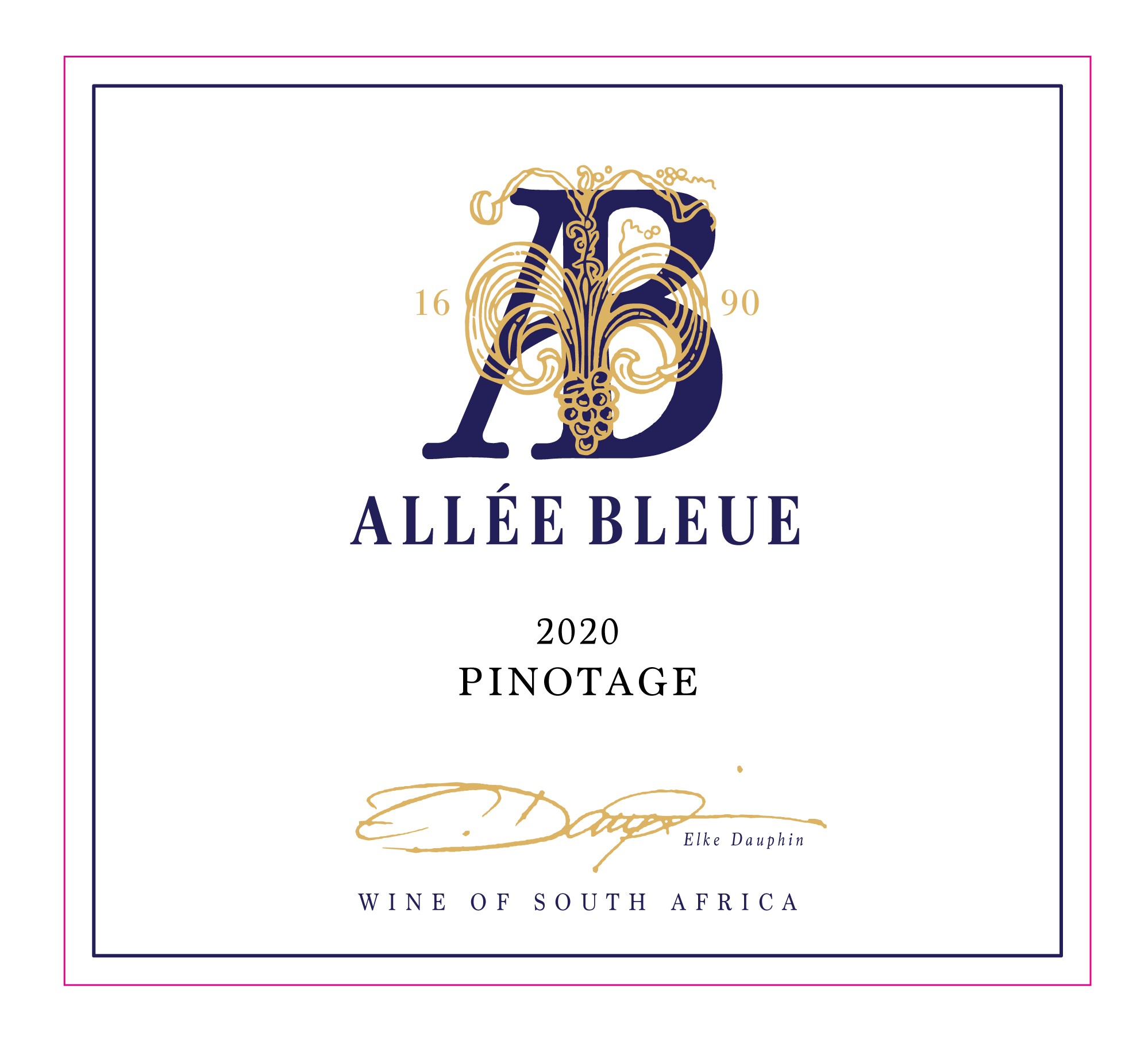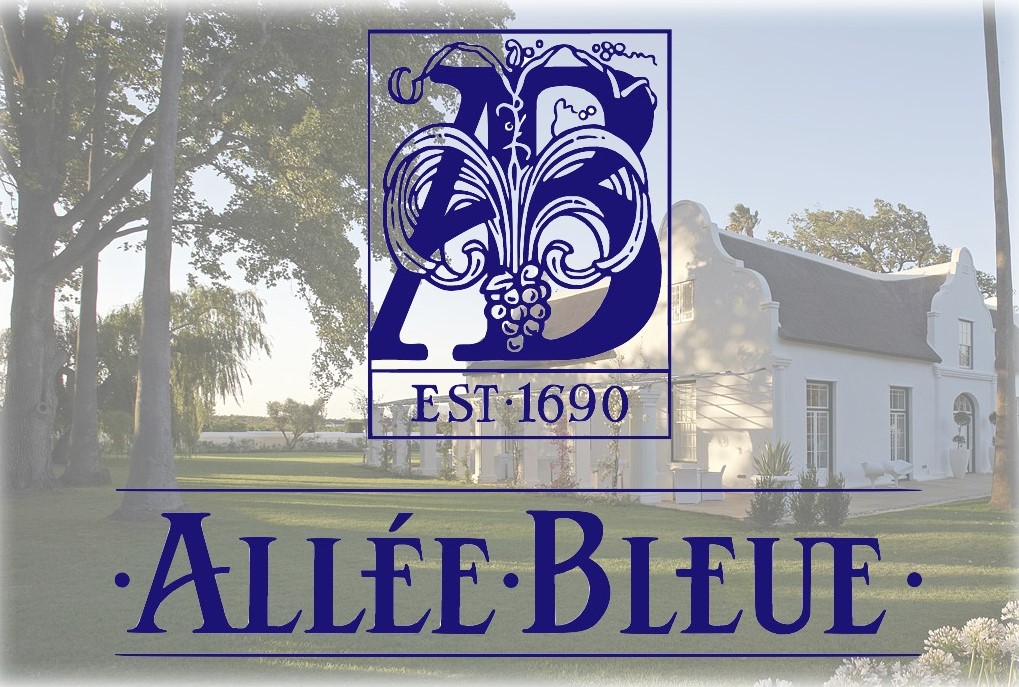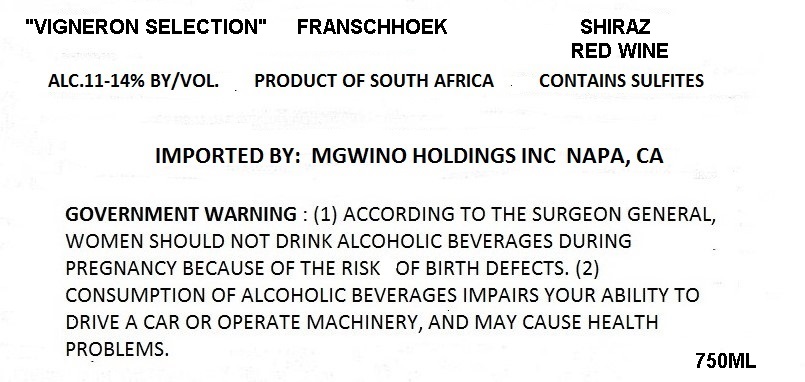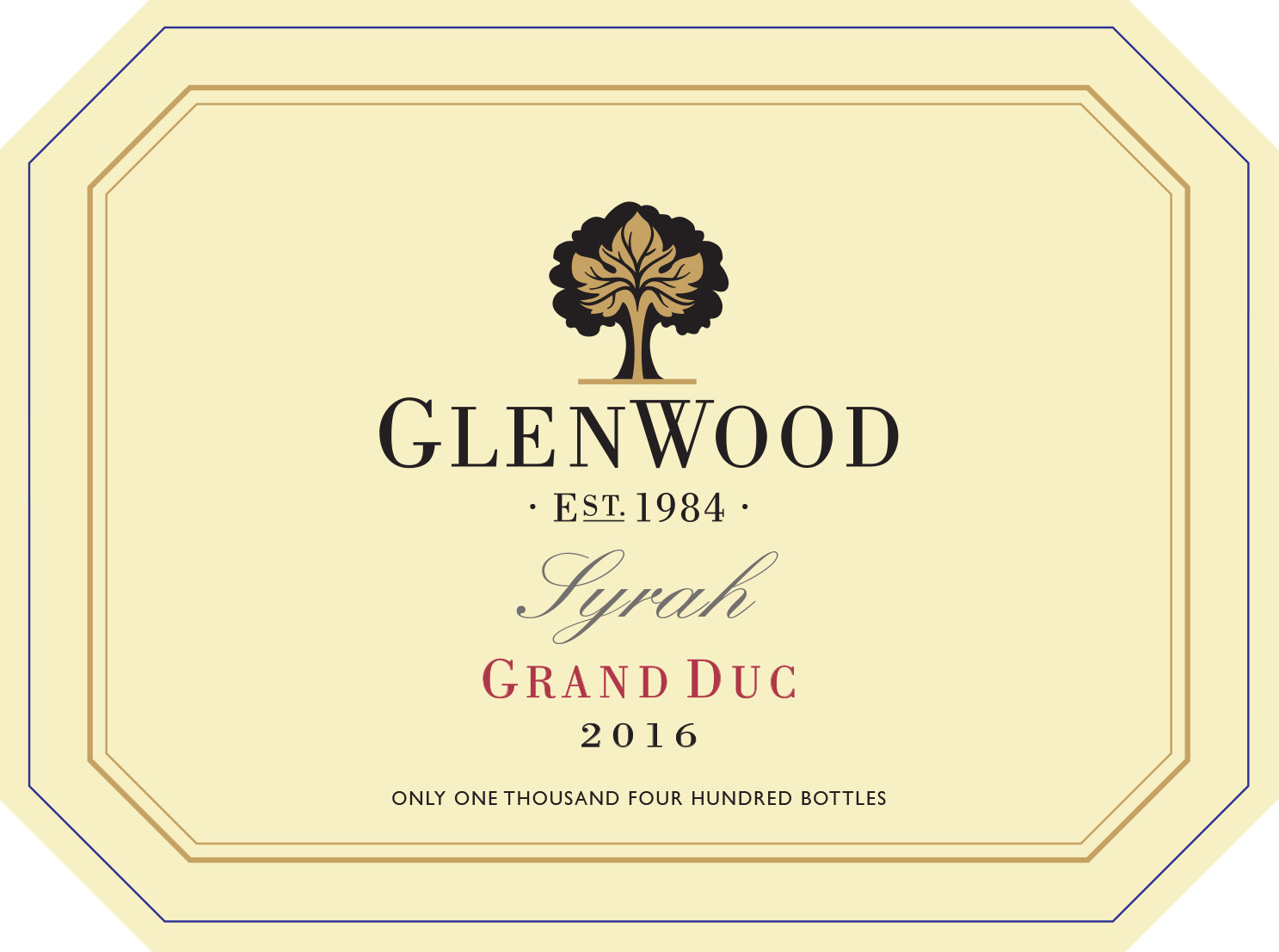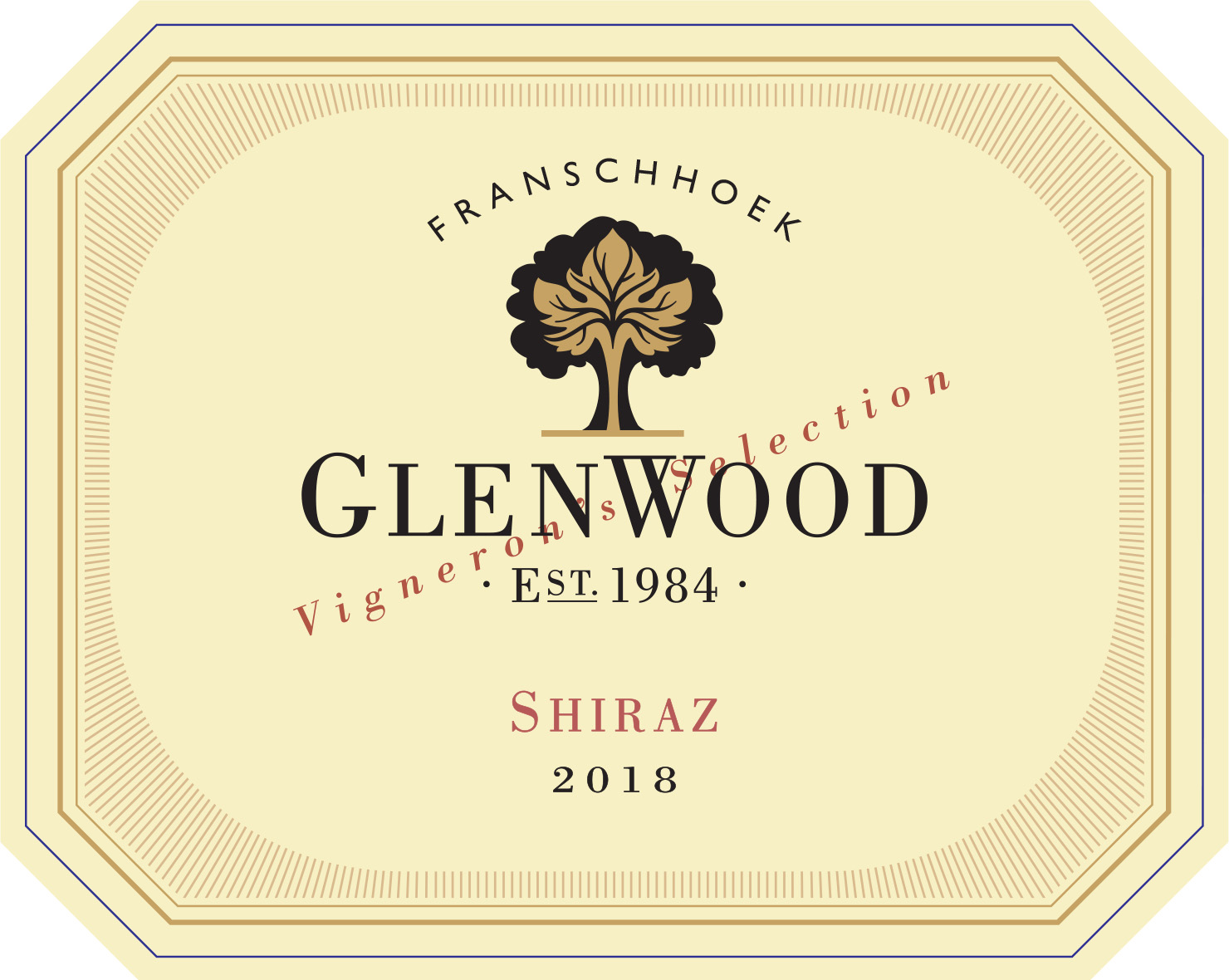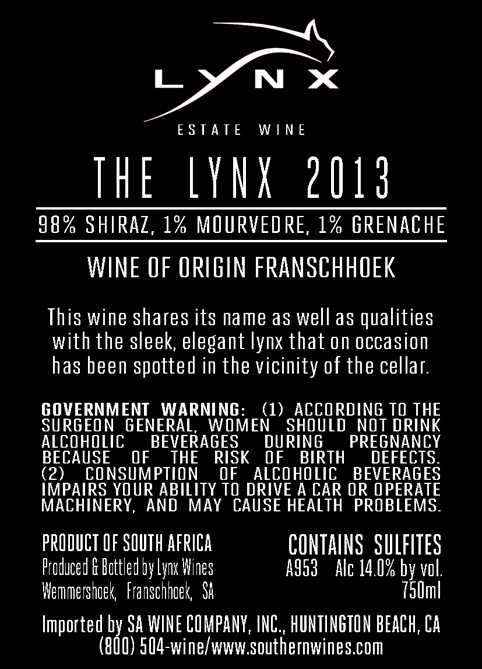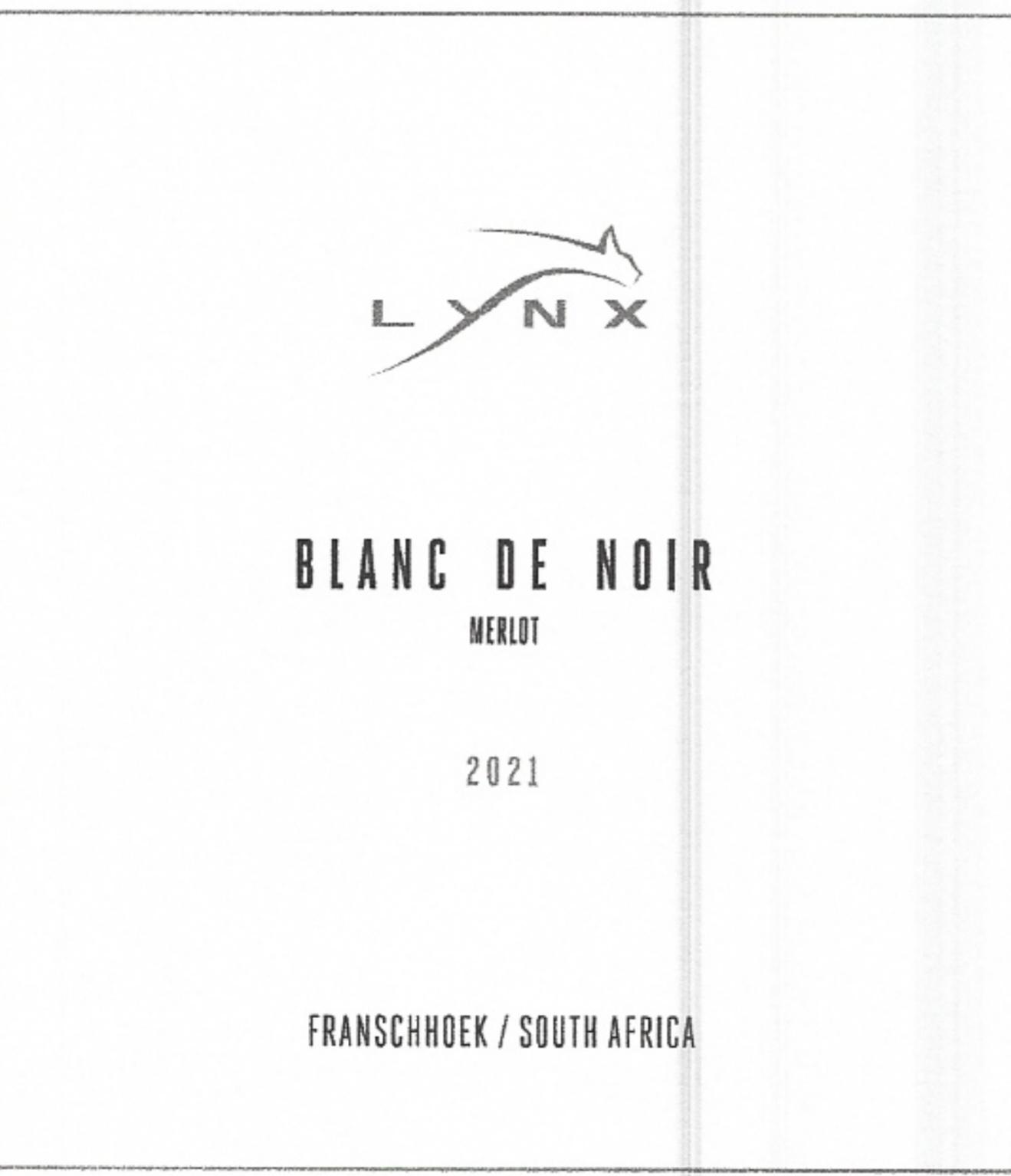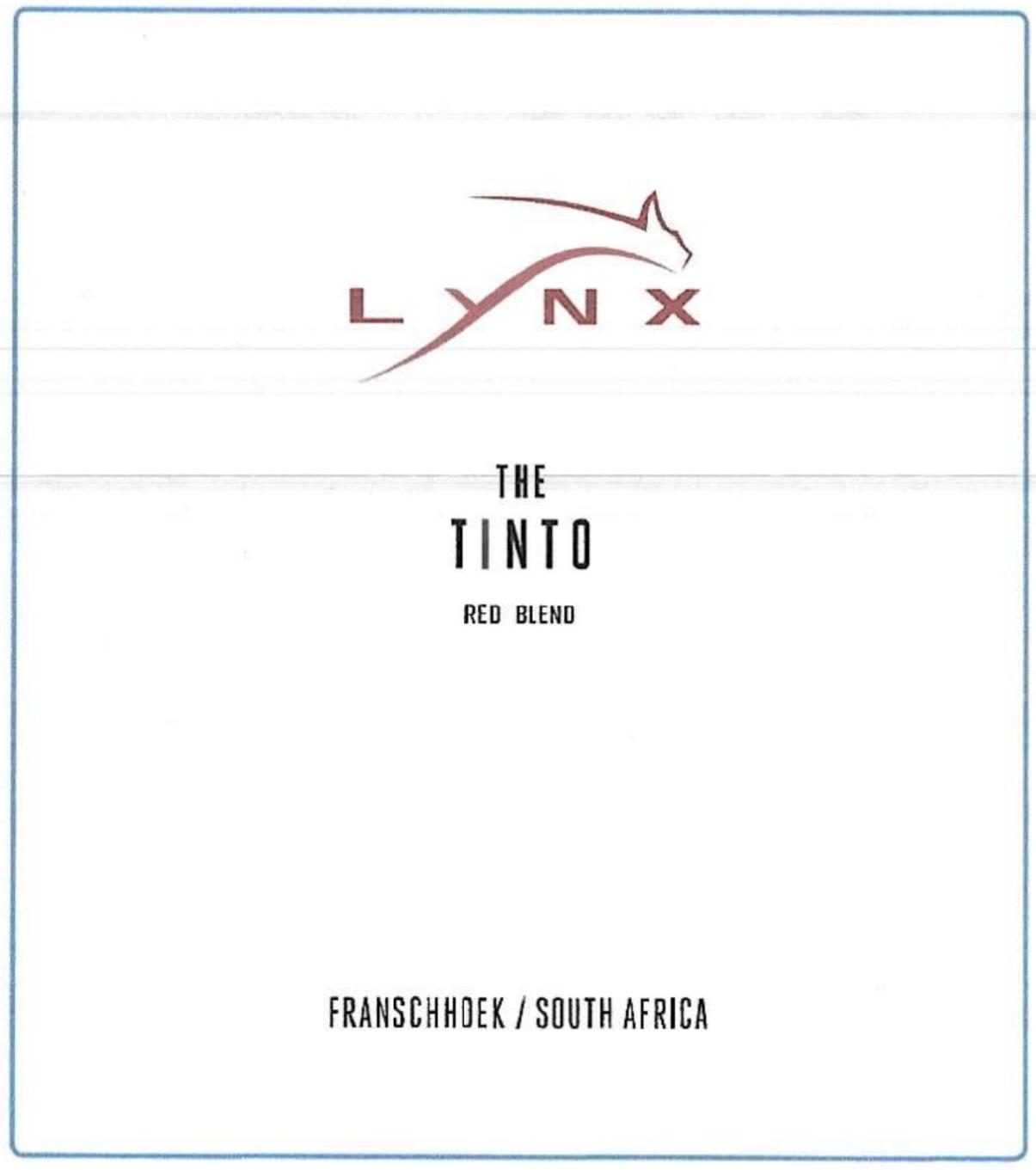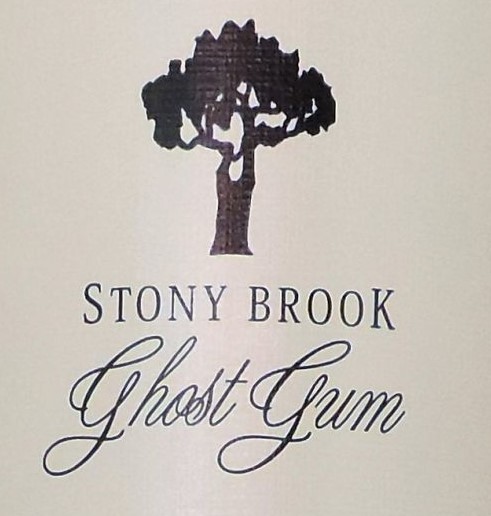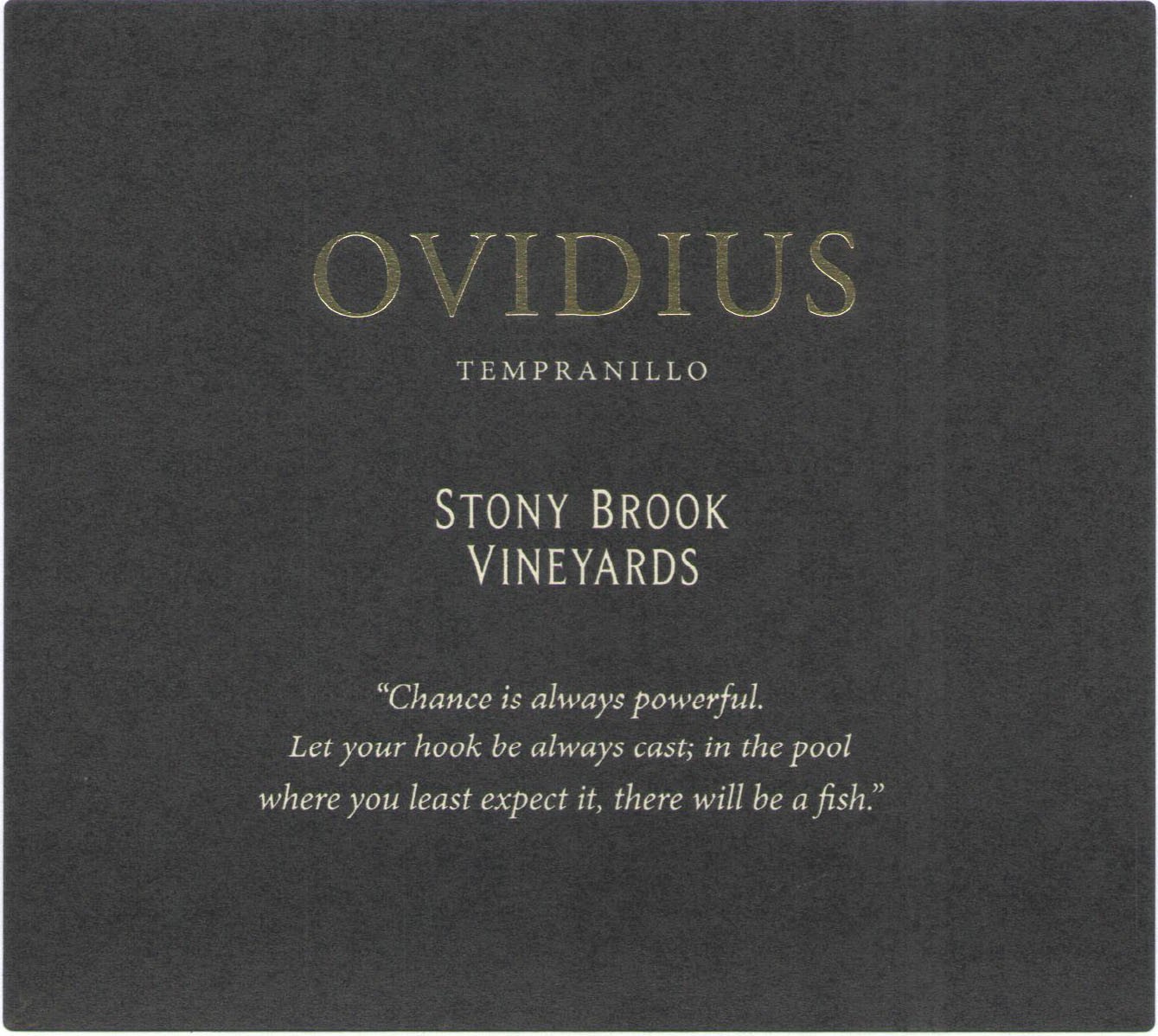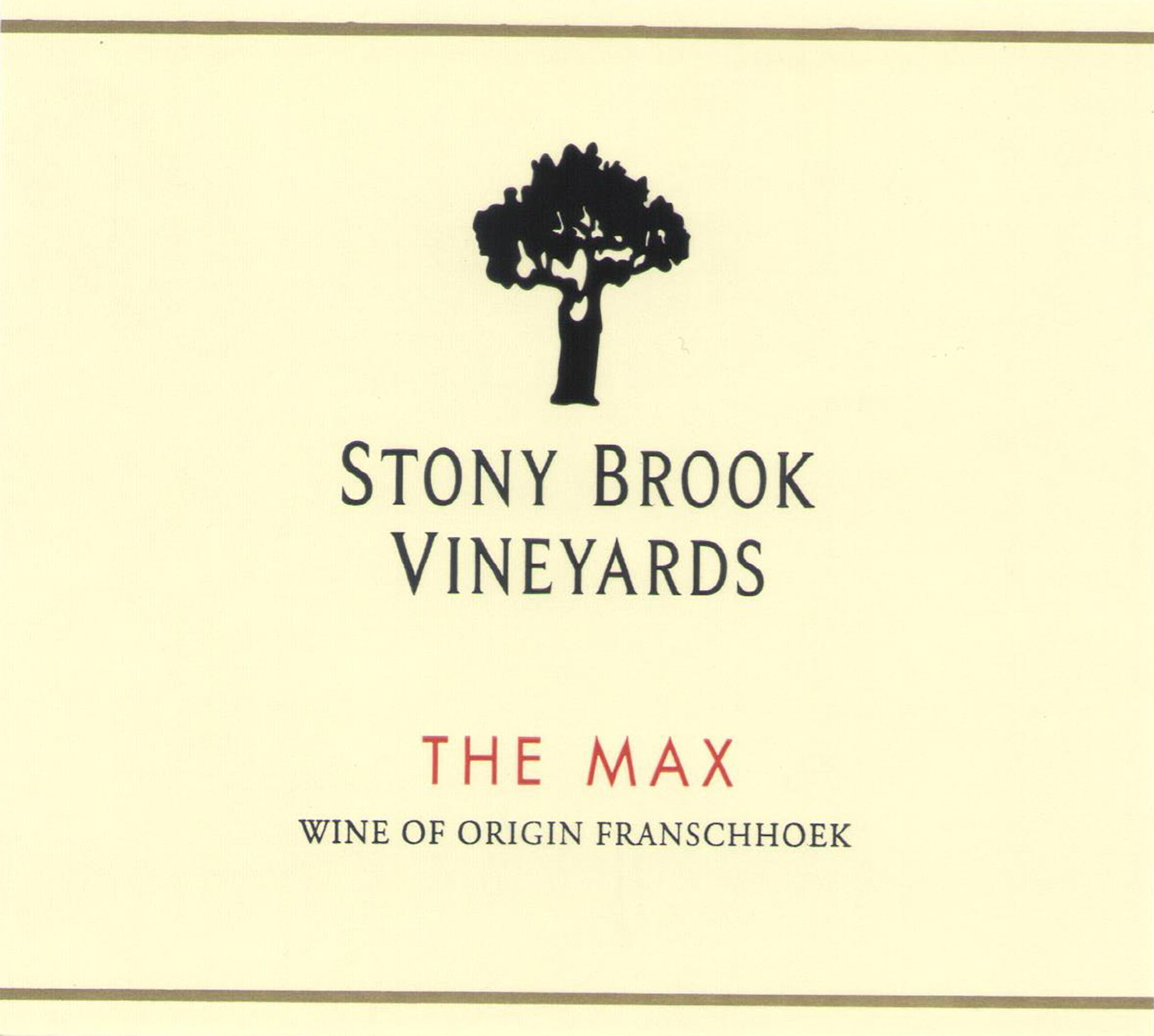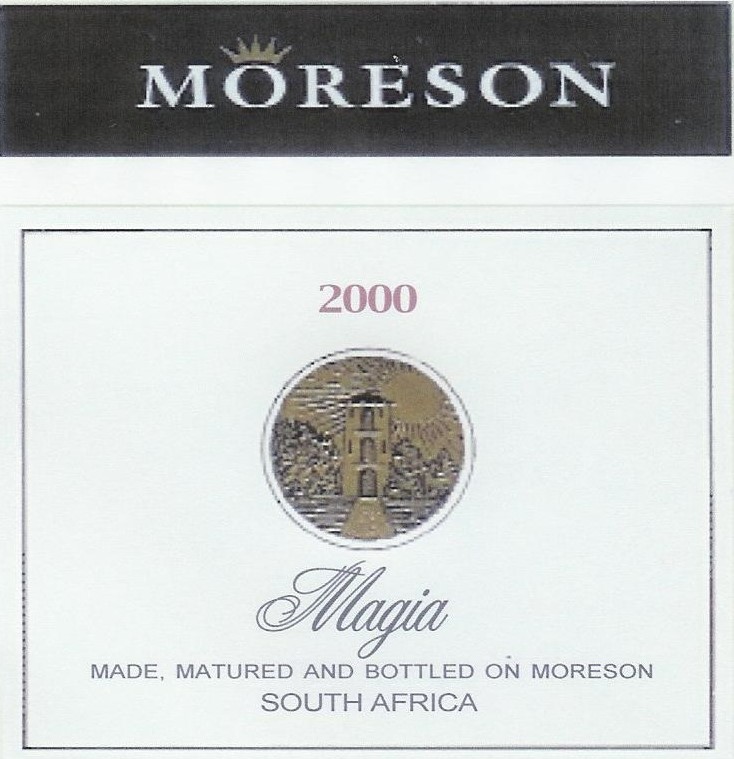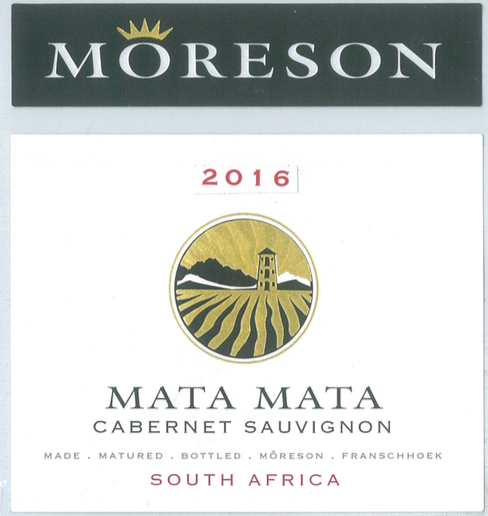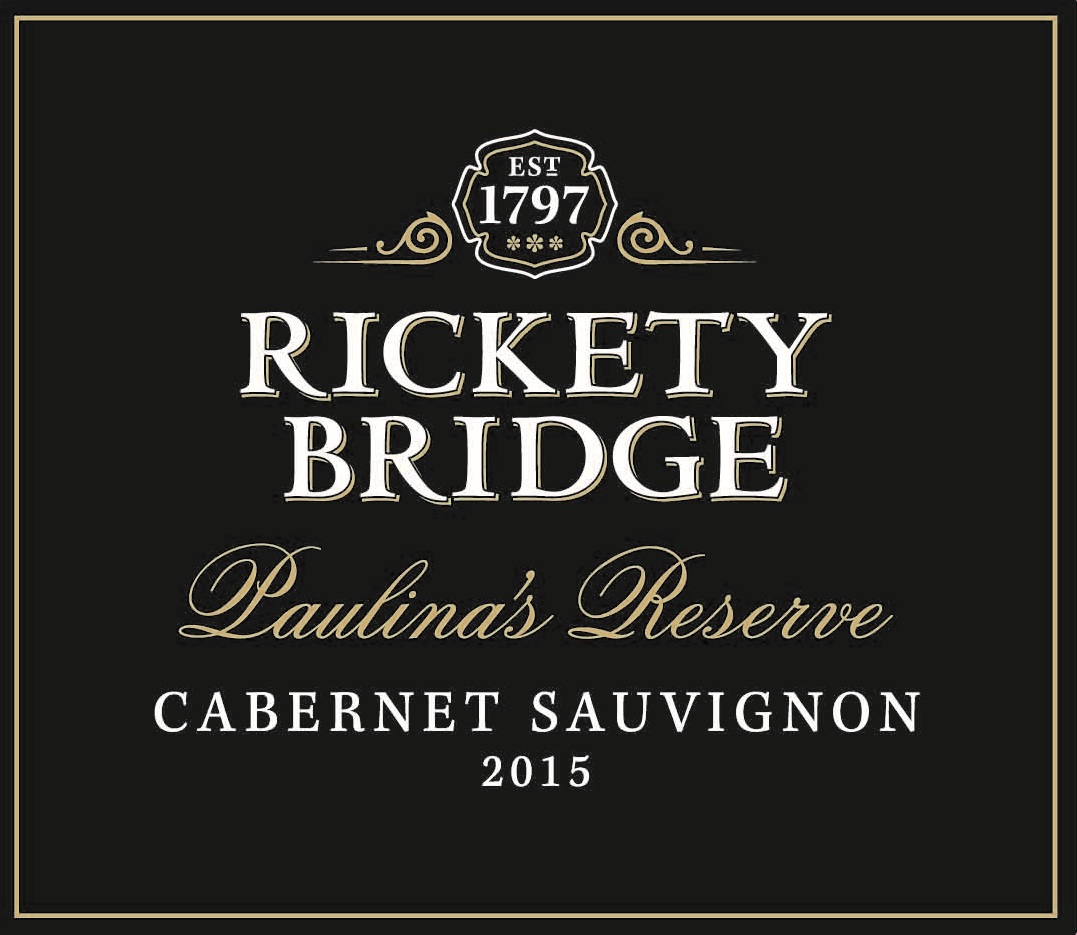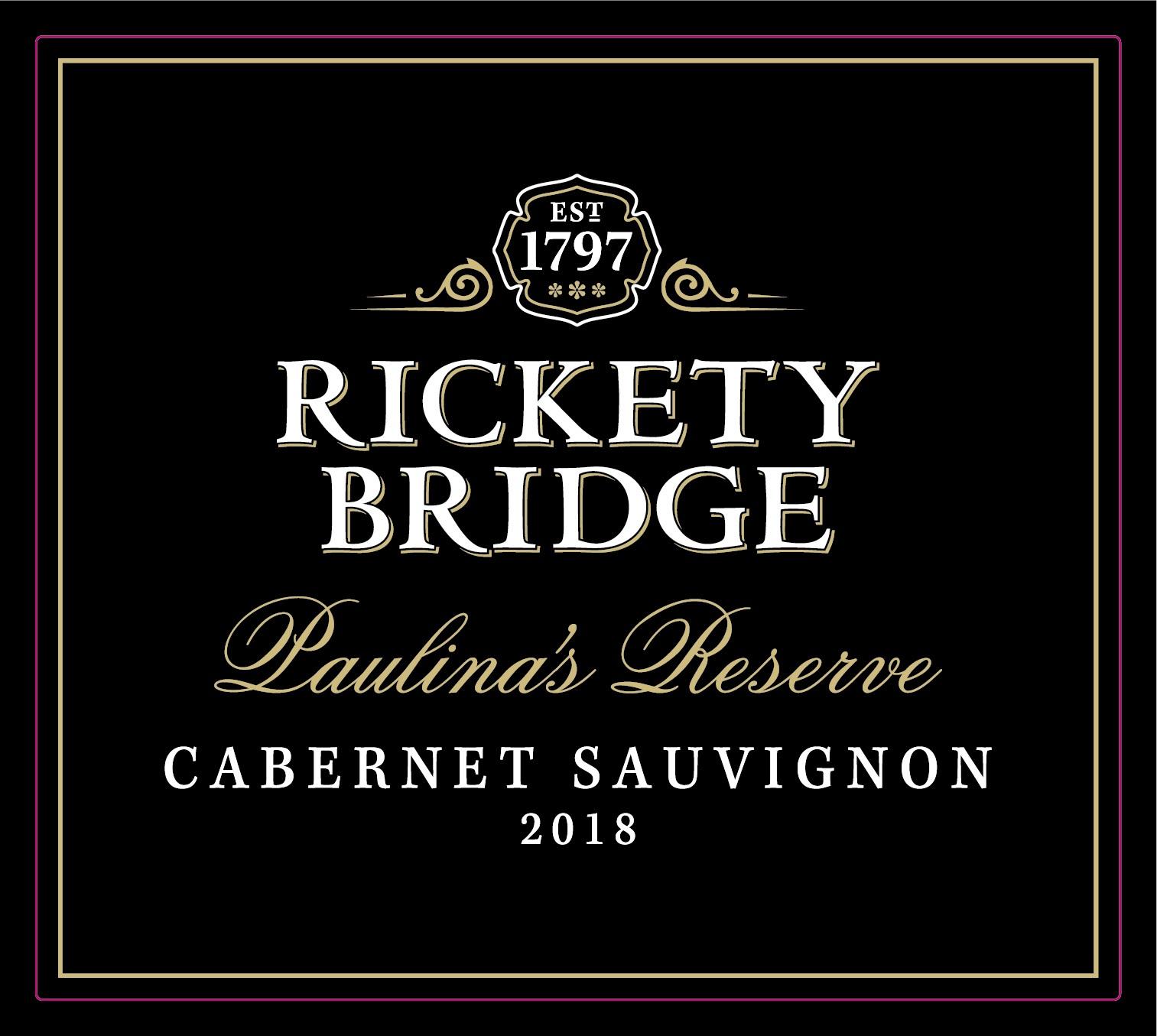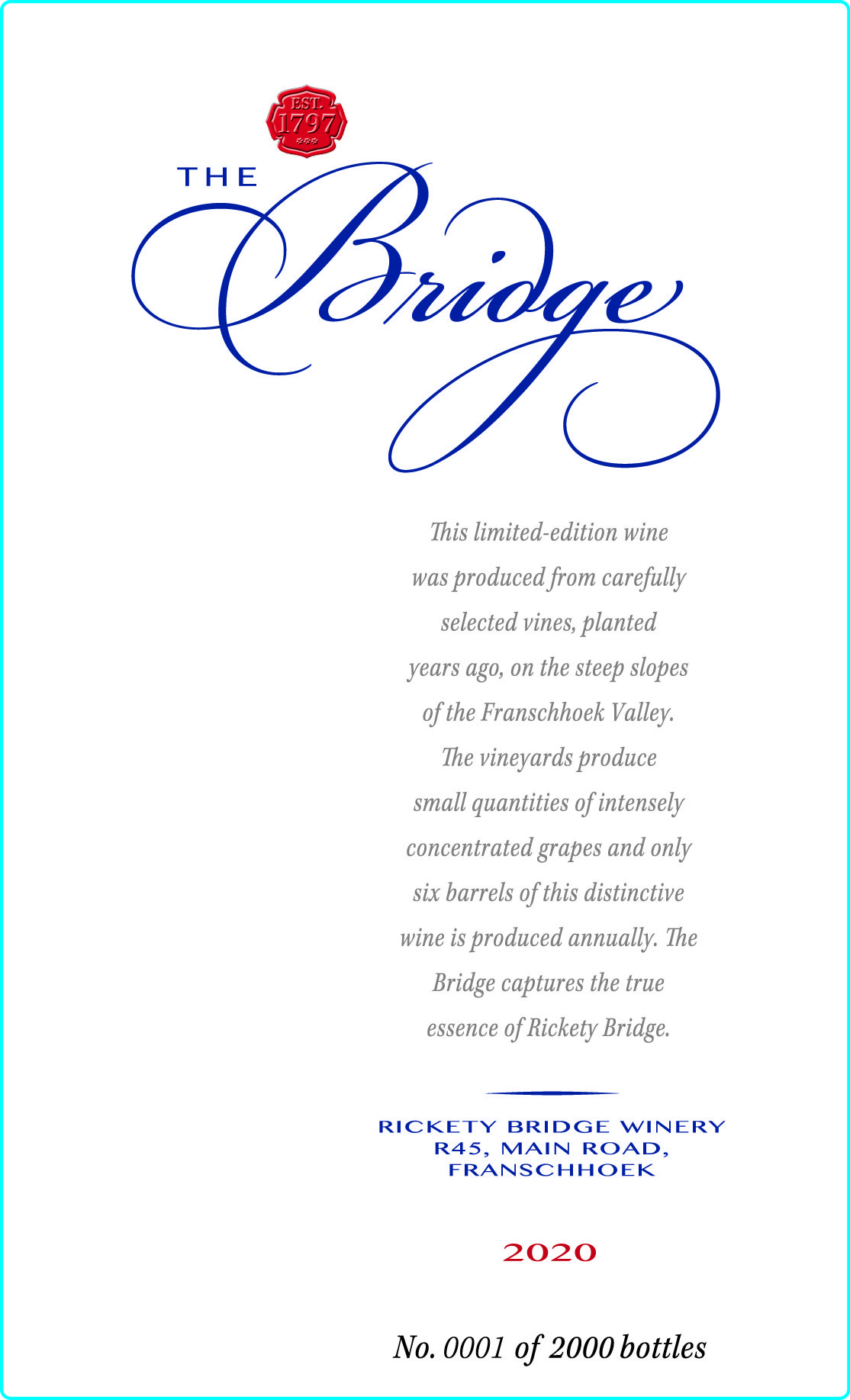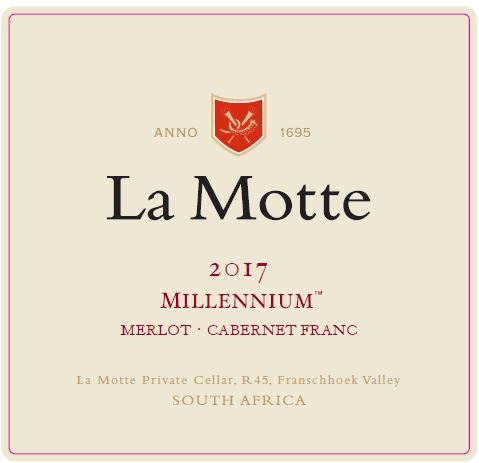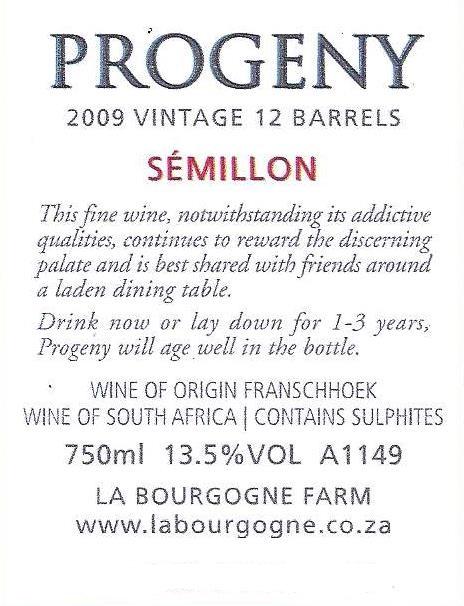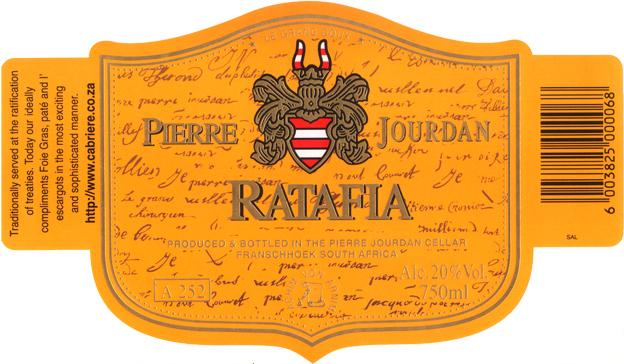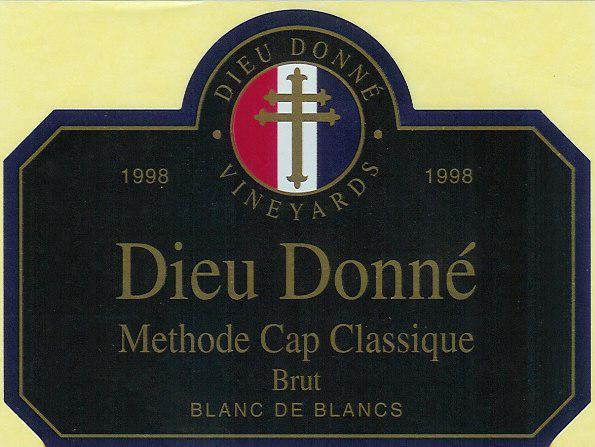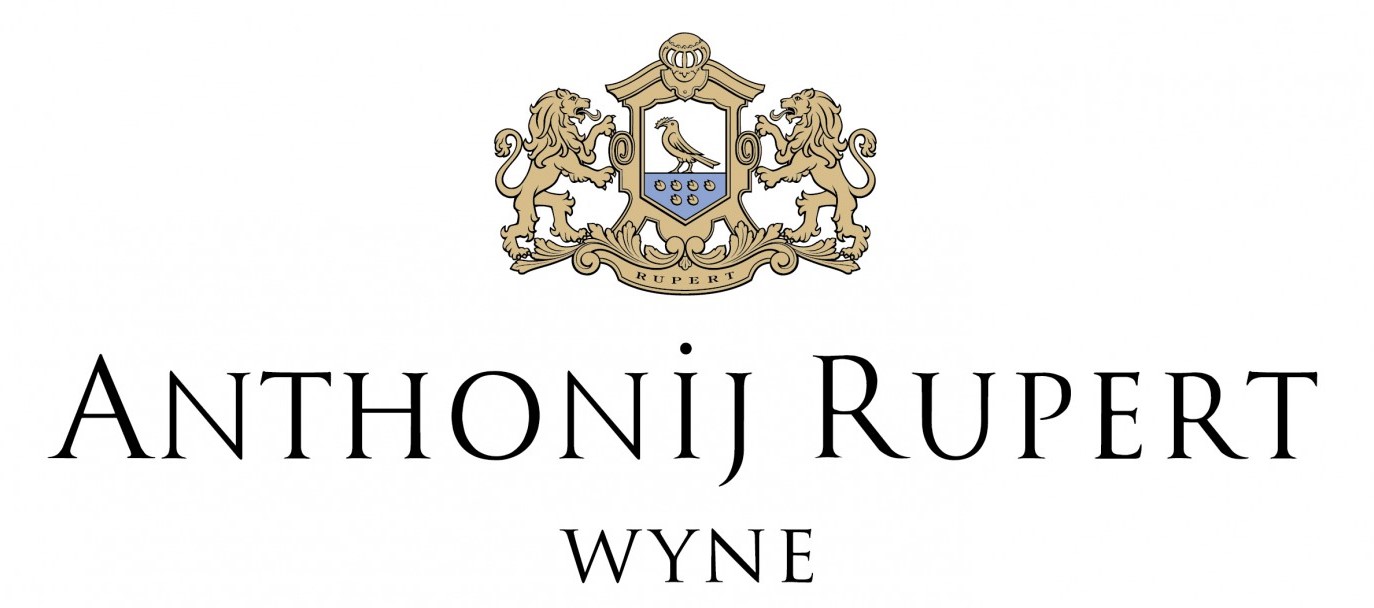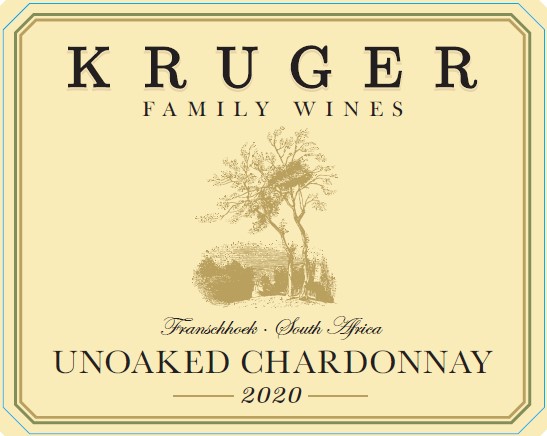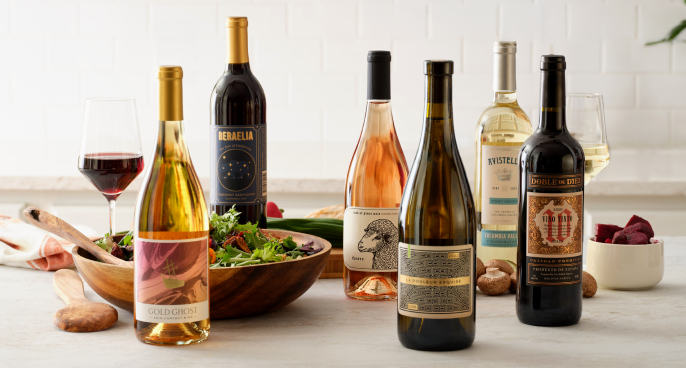Terroir of Franschhoek
Franschhoek's terroir is marked by its location within a sheltered valley, where the surrounding mountains provide a natural barrier against coastal winds. This creates a climate with warm, sunny summers and cool, wet winters. The Mediterranean climate ensures ample sunshine for grape ripening while cool nights help maintain acidity, crucial for producing vibrant wines.
The valley floor features sand, gravel, and clay loam, while the slopes have decomposed granite and sandstone with clay-rich subsoils. These free-draining soils stress the vines slightly, concentrating flavors in the grapes. The varied landscape supports a mix of grape varieties, from cool-climate Chardonnay and Pinot Noir to heat-loving Cabernet Sauvignon and Shiraz. This diversity allows winemakers to craft wines with depth and complexity, reflecting Franschhoek's unique terroir.
Notable Wineries in Franschhoek
Franschhoek, a gem of South Africa's Western Cape, is home to several notable wineries that reflect the region's rich winemaking heritage and stunning landscapes:
-
Boekenhoutskloof: Famous for its Rhône-style blends, this estate boosts Franschhoek's reputation with its "Chocolate Block," a Syrah-led blend.
-
Rickety Bridge: Known for its picturesque setting, this estate excels in Cabernet Sauvignon and Méthode Cap Classique wines.
-
La Motte: Established in 1697, offering refined Chardonnay, Bordeaux-style reds, Semillon, and Sauvignon Blanc, alongside a classic Cape Dutch manor.
-
Chamonix: A boutique winery celebrated for its Bordeaux-style reds, once named Platter’s Winery of the Year in 2013.
-
Môreson: A family-run estate crafting terroir-driven Pinotage and Chardonnay.
Sustainable Winemaking in Franschhoek
In Franschhoek, winemakers are championing sustainable and organic practices, both in the vineyards and the cellar, aligning with national certification programs. Many estates are preserving indigenous fynbos corridors to boost biodiversity and employ natural pest control. To keep the soil healthy and prevent erosion, they use cover crops and organic composts while minimizing soil disruption. Water management is crucial, utilizing drip irrigation, mulching, and rainwater harvesting. Solar power and energy-saving methods are becoming standard, significantly reducing the carbon footprint.
These practices are designed to lessen environmental impact while enhancing grape quality, showcasing Franschhoek's commitment to responsible wine production. Through efforts like habitat restoration and waste reduction, the region not only protects its stunning landscapes but also ensures the future resilience of its wine industry.
Wine Tourism in Franschhoek
Franschhoek is a premier destination for wine tourism, blending spectacular scenery with welcoming vineyards.
Visitors can savor immersive wine tastings in elegant settings, with many estates offering farm-to-table dining.
The Franschhoek Wine Tram provides an easy way to explore, connecting guests to historic wineries and tasting rooms.
This vibrant town hosts lively annual events, such as the Bastille Day Festival and the Uncorked Wine Festival, celebrating local wine and cuisine.
Beyond wine, the region invites exploration with hiking and biking through vineyards and mountain landscapes.
Art galleries, craft markets, and luxury accommodations enhance Franschhoek's allure, solidifying its status as a world-class wine destination.

